
Say no thanks to Windows 11 and yes please to SparkyLinux 8, the lightweight OS you deserve
You can’t have failed to be aware that Windows 10 is approaching its end of life, meaning security updates will soon stop.
For users who don’t watch to take risks with their system safety, the obvious next step is a move to Windows 11, but the newly released SparkyLinux 8.0 offers a lightweight, fast, and fully configurable alternative that supports both modern and older hardware.
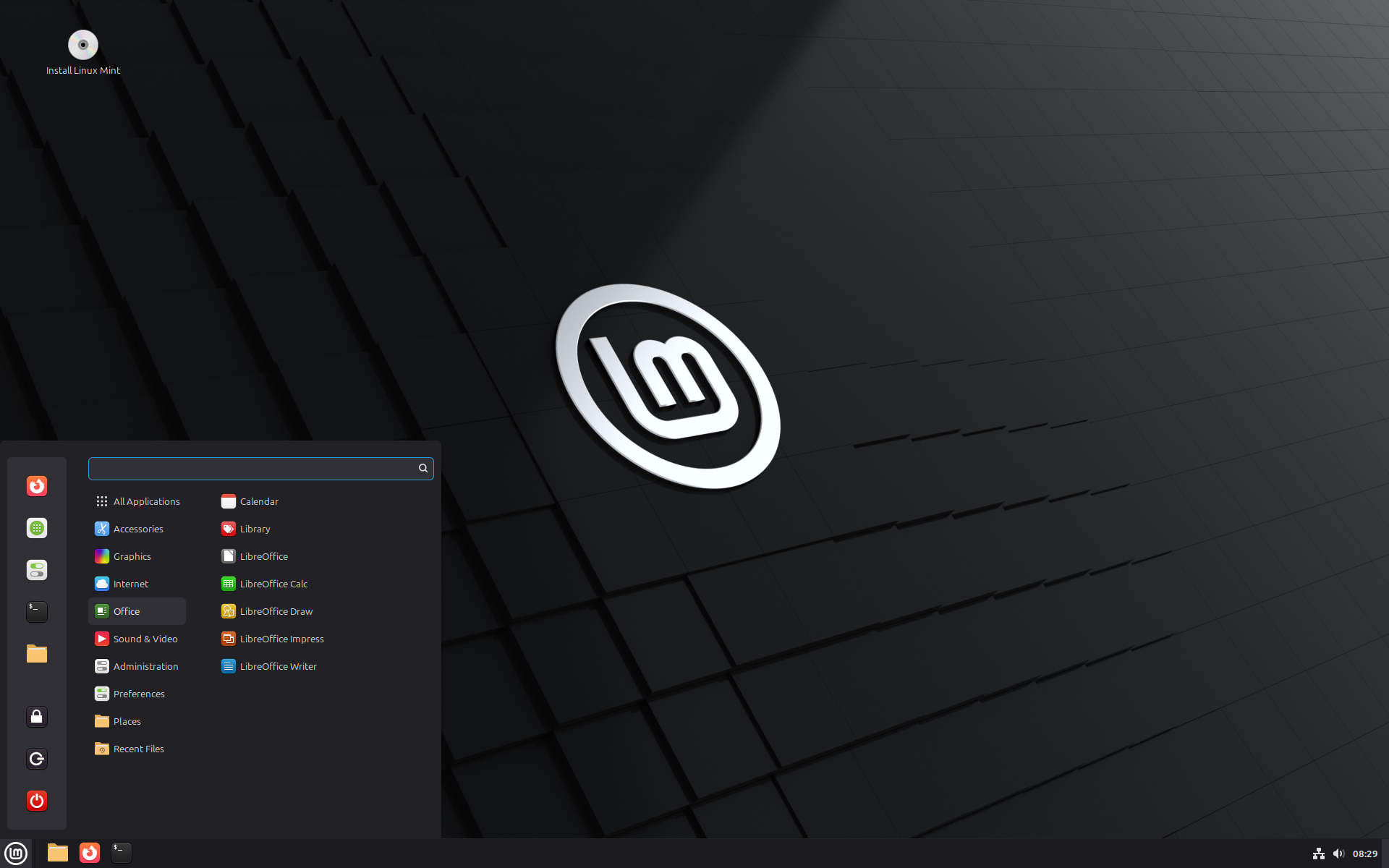
Linux Mint 22.2 'Zara' beta now ready to download -- here's what's new
Linux Mint 22.2 “Zara” beta version has been released, giving testers and enthusiasts an early look at the next long term support release of the popular desktop Linux distribution. The final version will be supported until April 2029, but this preview is aimed at testing, so some issues are to be expected.
This update continues Mint’s focus on making small, but noteworthy changes. Sticky Notes now have rounded corners, Wayland support, and can sync with Android devices via the new StyncyNotes app. The login screen gains a blur effect, user avatars, and a cleaner layout.
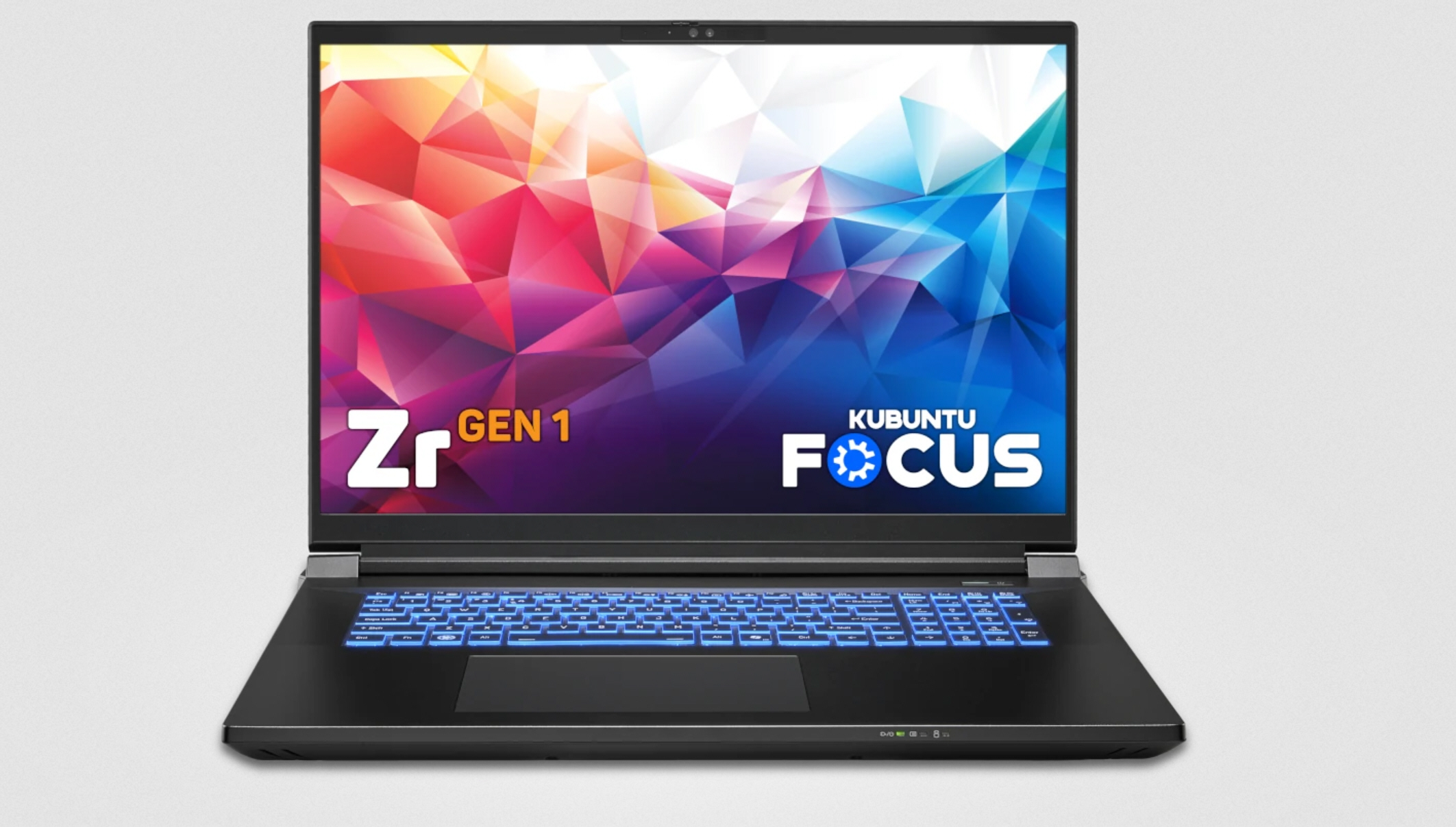
Kubuntu Focus launches Zr GEN 1 Linux laptop with Nvidia RTX 5090 option
Kubuntu Focus has introduced the Zr GEN 1, a high-performance Linux laptop aimed at users who want maximum mobile power. The 18.0-inch workstation replaces the previous 17.3-inch M2 GEN 5 and brings faster components, more storage capacity, and a brighter display, with shipping now available in the US and Canada.
The Zr GEN 1 runs Kubuntu 24.04 LTS and is built for developers, machine learning researchers, content creators, and others looking for fast hardware with Linux-first support.
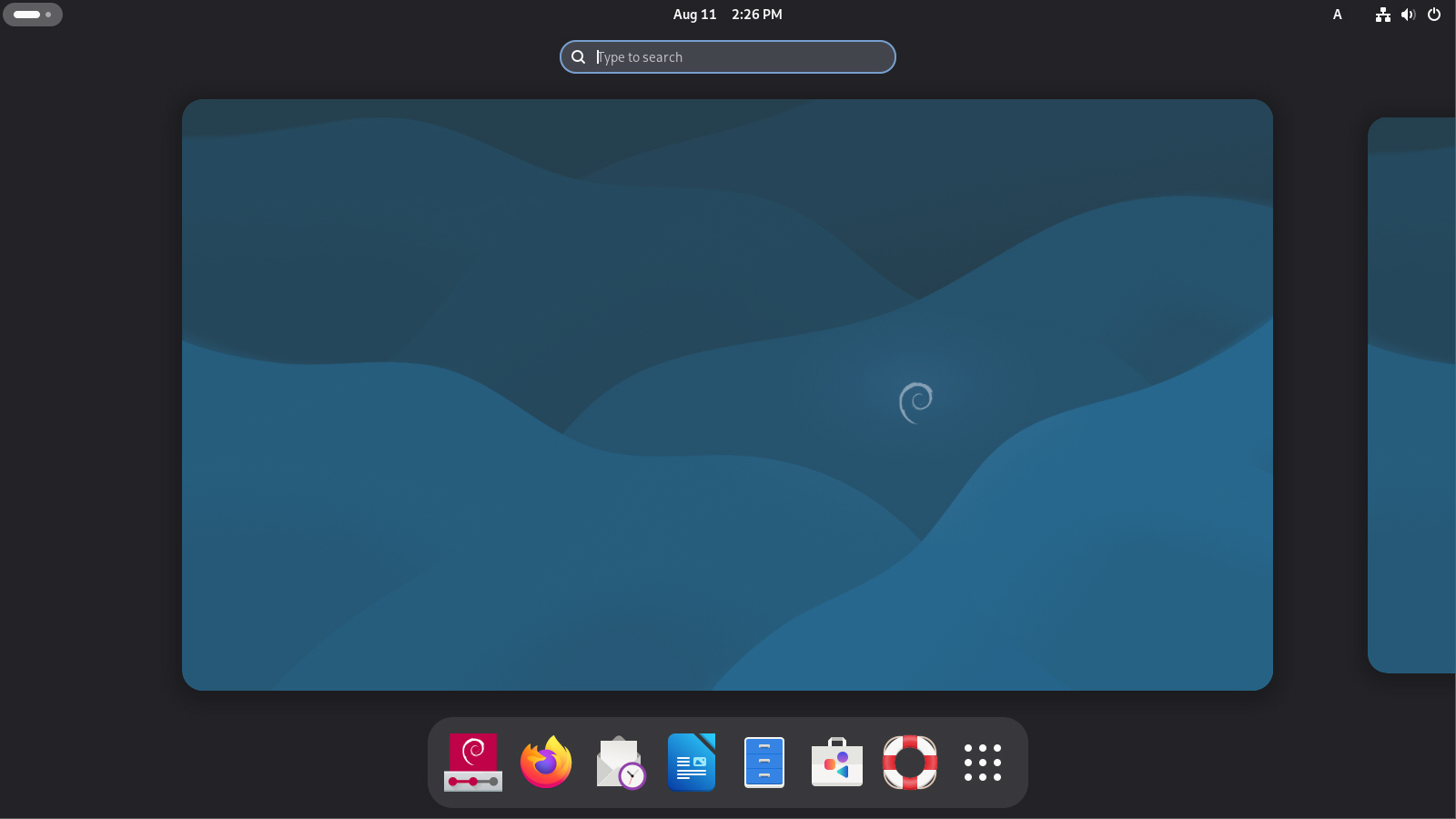
Debian 13 'trixie' released with five years of support and new architecture options
Lucky for fans of the popular Linux operating system, Debian has released version 13, codenamed “trixie,” marking the project’s first stable release in over two years. Supported for the next five years by the Debian Security and Long Term Support teams, trixie delivers updated packages, improved hardware compatibility, and expanded architecture support, including official riscv64 support for the first time.
The release includes multiple desktop environments such as GNOME 48, KDE Plasma 6.3, LXDE 13, LXQt 2.1.0, and Xfce 4.20.

Hackers are using AI and panda images to infect Linux machines -- here's how
Aqua Security’s Nautilus research team has identified a new Linux malware called "Koske" which may be the first publicly documented case of AI-assisted malware.
Disguised as innocent Jpeg images of pandas, Koske delivers cryptominers and a stealth rootkit using code that appears shaped by large language models, suggesting attackers are now adopting the same AI tools defenders use.
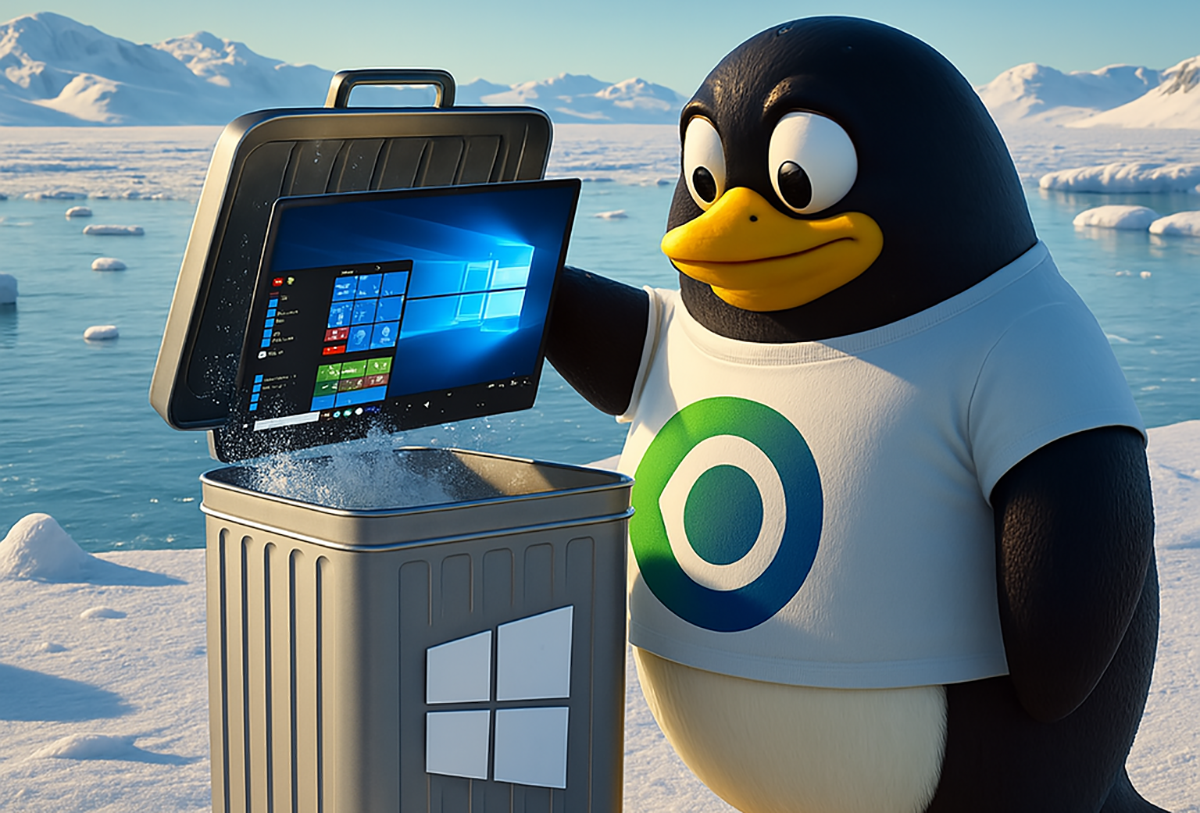
Oreon 11 could be the Linux OS that helps you leave Microsoft Windows for good
If you are considering moving away from Windows 10 or 11 but haven’t yet found a long-term option that feels right, Oreon Linux may offer a solution worth watching.
When Oreon 10 launched back in December 2024, I declared it had arrived to replace Microsoft Windows. Built with simplicity and familiarity in mind, it bridges the gap between the ease of use people expect from Windows and the power and flexibility of Linux. Now the team behind the OS has revealed its plans for the successor, which (to the surprise of no one) will be called Oreon 11.
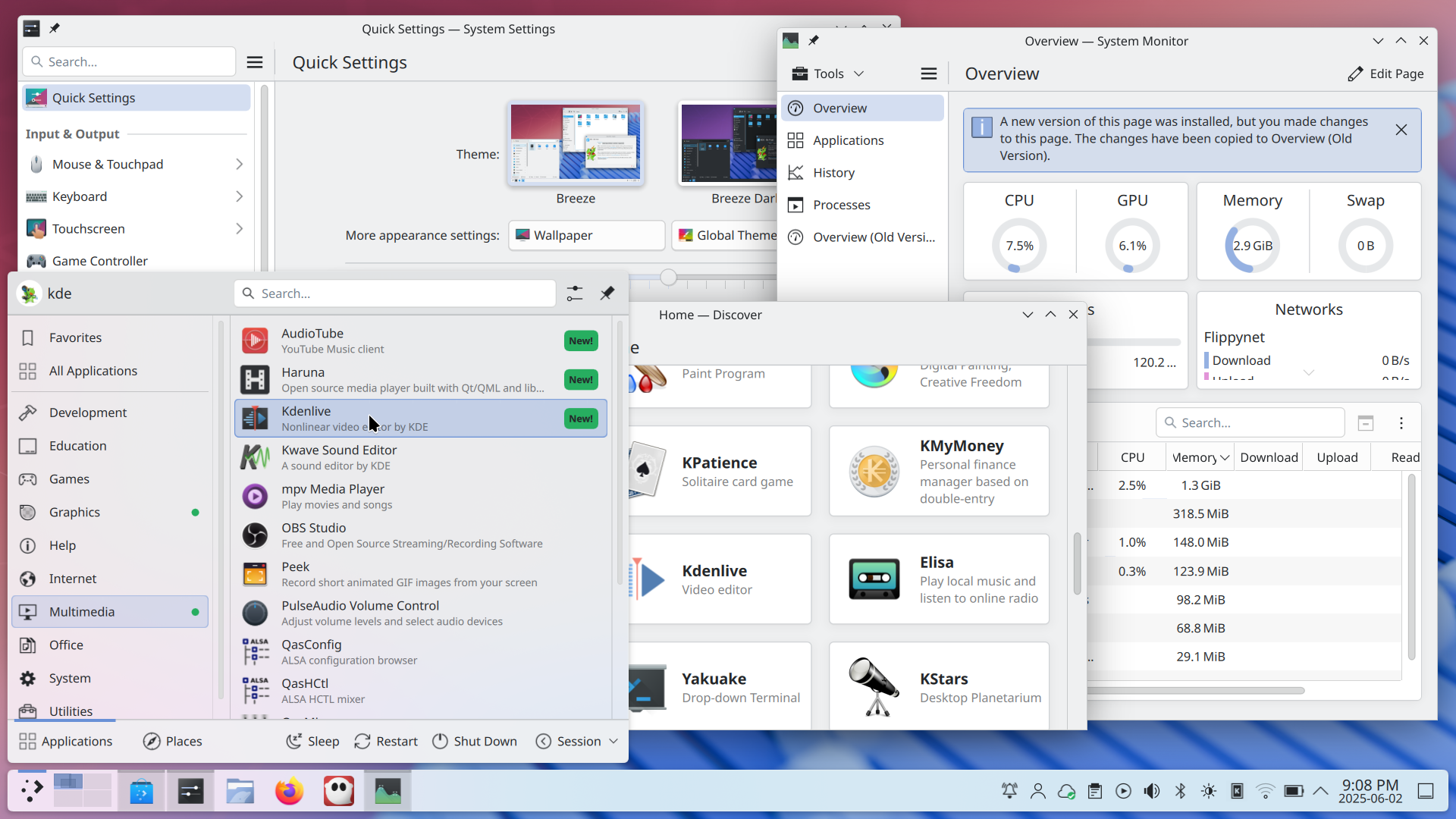
KaOS Linux gets a modern makeover and a big under-the-hood upgrade
KaOS has released a brand new version of its popular Linux distro, delivering major visual updates, package changes, and the elimination of Qt5 in default installations
Unlike other Linux operating systems, KaOS is built from scratch and limits itself to one desktop environment, one toolkit, and one architecture, KDE Plasma, Qt, and x86_64 respectively.
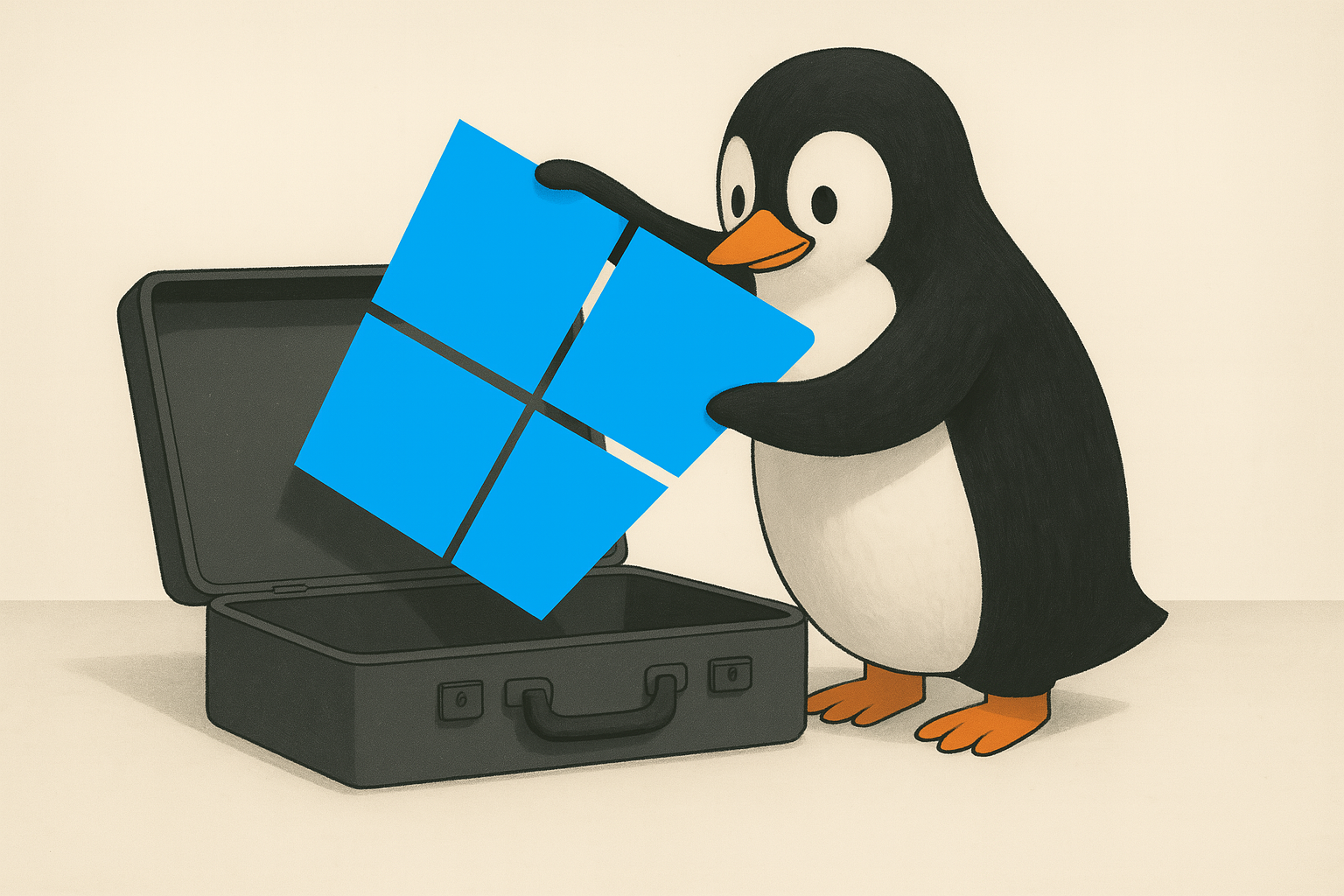
Saying no to Windows 11 just got easier -- Operese automatically transfers your Windows 10 files and settings to Linux
Microsoft is ending support for Windows 10 on October 14, 2025, leaving over 200 million devices unable to upgrade to Windows 11.
While some users may be considering buying a new computer or paying for extended support, one student developer is offering another path: switching to Linux with the help of a free migration tool called Operese.
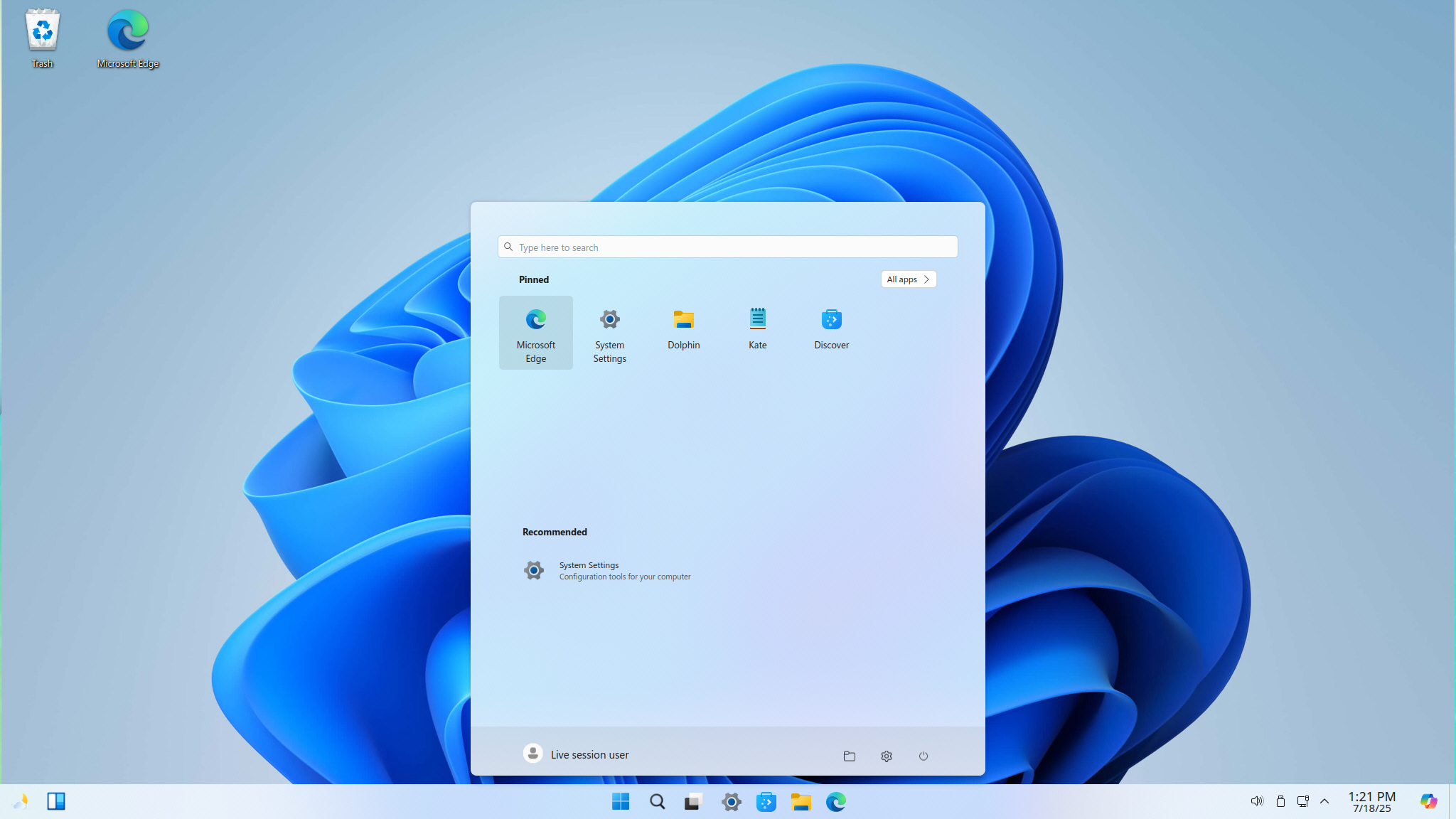
This new Windows 11 clone is actually Linux and runs faster on your old PC -- get it now
The latest long-term support release of Linuxfx, version 11.25.07 “NOBLE,” is now available.
Based on Ubuntu 24.04.2 and styled to look like Windows 11, the update offers a familiar yet open-source experience that skips many of the frustrations commonly associated with Microsoft’s OS.

Ditch Windows 11: SparkyLinux 7.8 is the lightweight alternative to Microsoft's OS you've been looking for
SparkyLinux 7.8 is now available to download, bringing a welcome selection of updates to the “Orion Belt” stable release series. Based on Debian 12 “Bookworm,” this latest point release offers a modern Linux experience that’s a strong alternative for users looking to move away from Windows 11.
With Microsoft's OS continuing to introduce clunky AI features, bloat, slow performance and limited user control, SparkyLinux serves as a lighter, faster, and fully customizable alternative. Version 7.8 delivers updated software, improved desktop environments, and superior system performance.
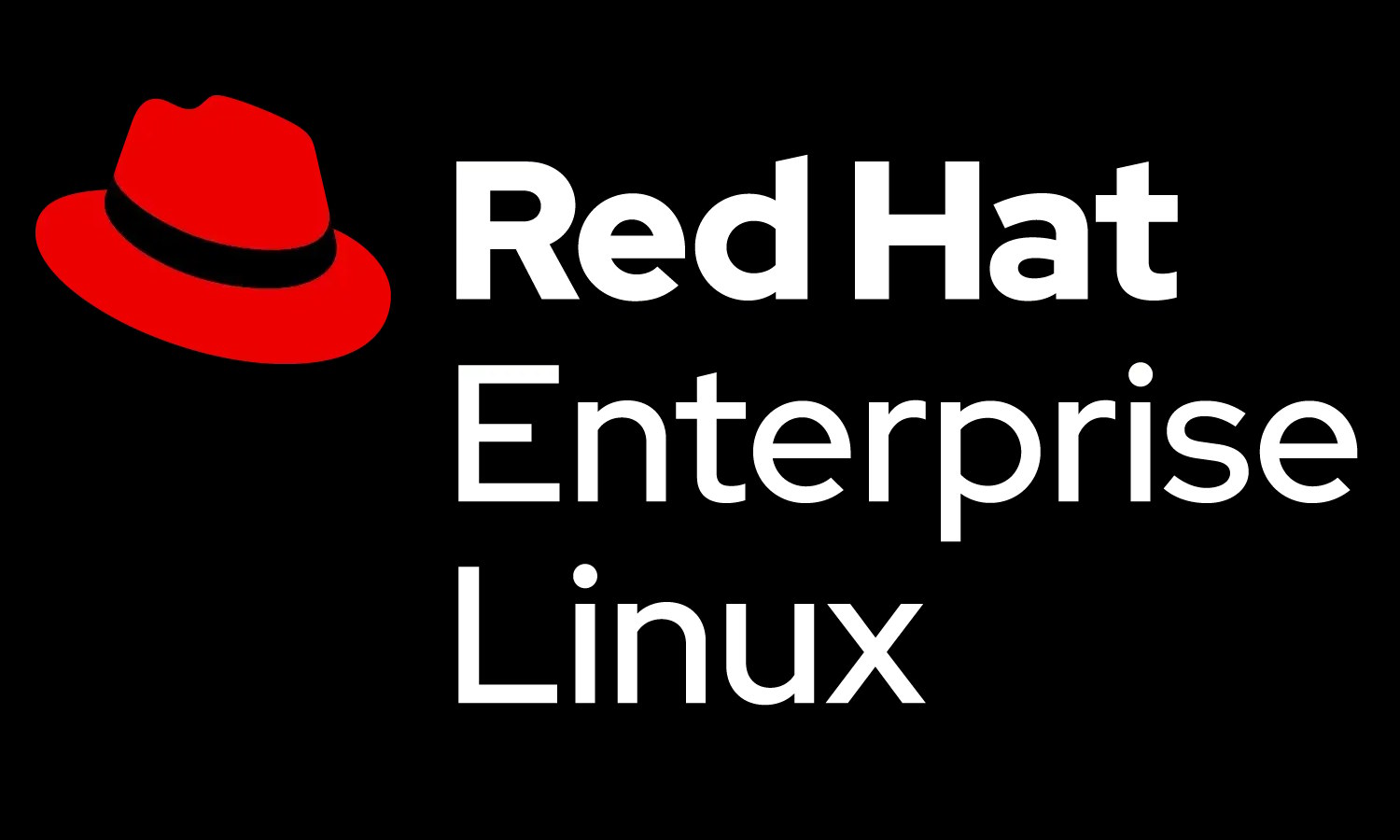
New Red Hat Enterprise Linux for Business Developers is available for free
Linux stalwart Red Hat has announced the general availability of Red Hat Enterprise Linux for Business Developers. Designed for enterprise development use, the new platform is free of charge as Red Hat seeks to make things easier and more accessible for business development teams.
The new self-service offering is made available through the Red Hat Developer Program with the aim of simplifying an increasingly complex IT landscape. Red Hat is looking to assist development teams in building, testing and iterating on applications more quickly and on the same platform that underpins production systems across the hybrid cloud at no cost.

Chaos RAT malware strikes Linux and Windows as hackers exploit its flaws
Chaos RAT is back and causing trouble on Linux and Windows systems. This open source remote access tool was once pitched as a legitimate way to manage computers remotely. Now, it is being used to spy on users, steal data, and possibly set the stage for ransomware. But in an ironic twist, attackers are now turning the tables and exploiting Chaos RAT itself.
Originally written in Go and designed for cross platform compatibility, Chaos RAT has evolved from a basic tool into a very dangerous piece of malware. It has been spotted in real world attacks including a recent sample disguised as a Linux network utility. Victims were likely tricked into downloading a fake troubleshooting tool containing the malware.
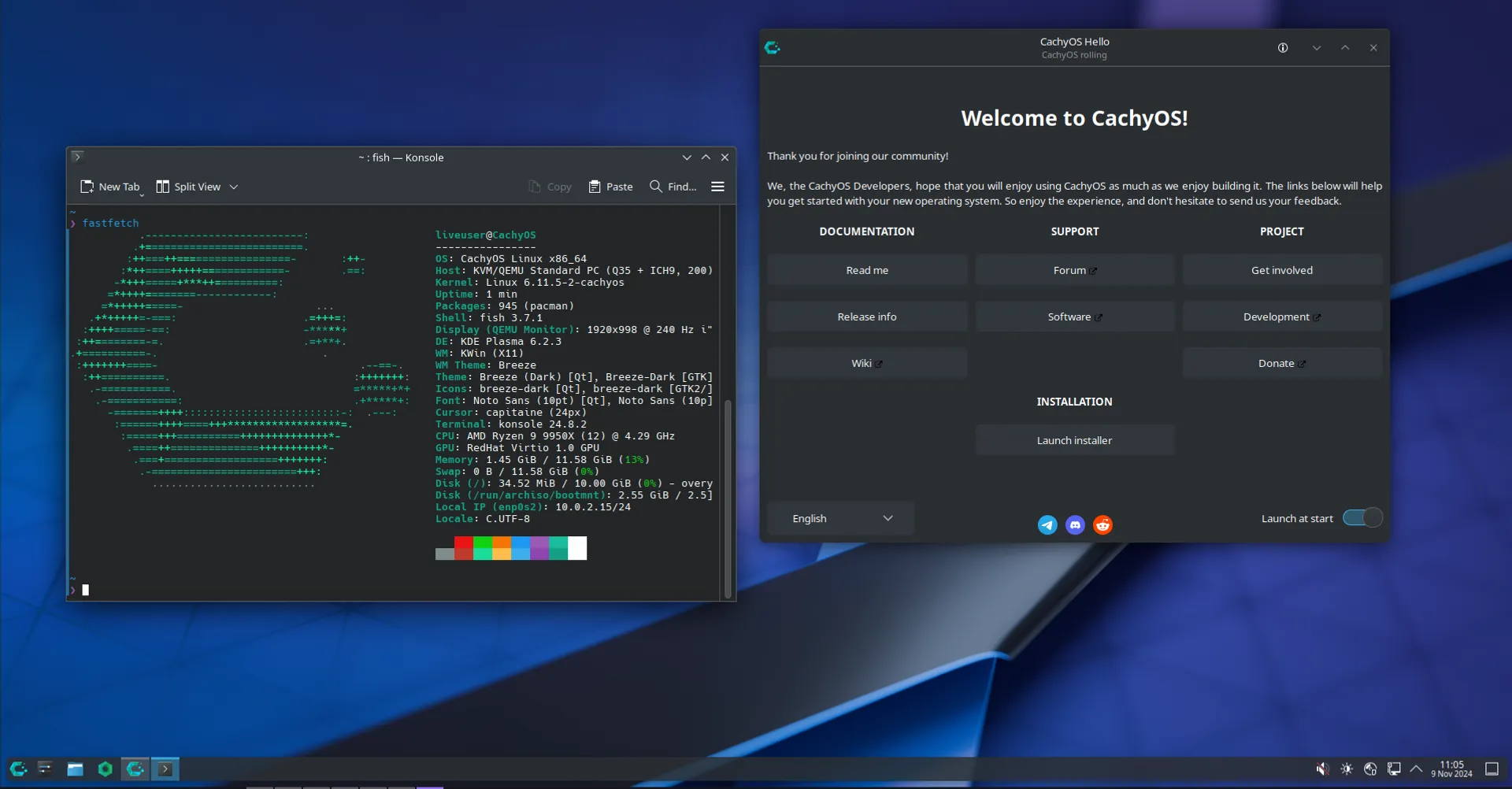
Linux users, rejoice! CachyOS fixes Nvidia issues and kills buggy browser
CachyOS is back with its latest May 2025 release, and yes, Nvidia users can finally breathe a sigh of relief. After months of headaches caused by the distro switching to the “open” Nvidia module, older GPUs like the 10xx series were left limping along with buggy Nouveau drivers. That mess is now cleaned up. The ISO now automatically detects your GPU and loads the correct driver.
The changes don’t stop there, folks. If you’re into aesthetics, the boot process just got a fresh coat of paint. There’s a new Plymouth boot animation and GRUB theme that help unify the distro’s visual identity. It’s a small touch, but it makes a difference.
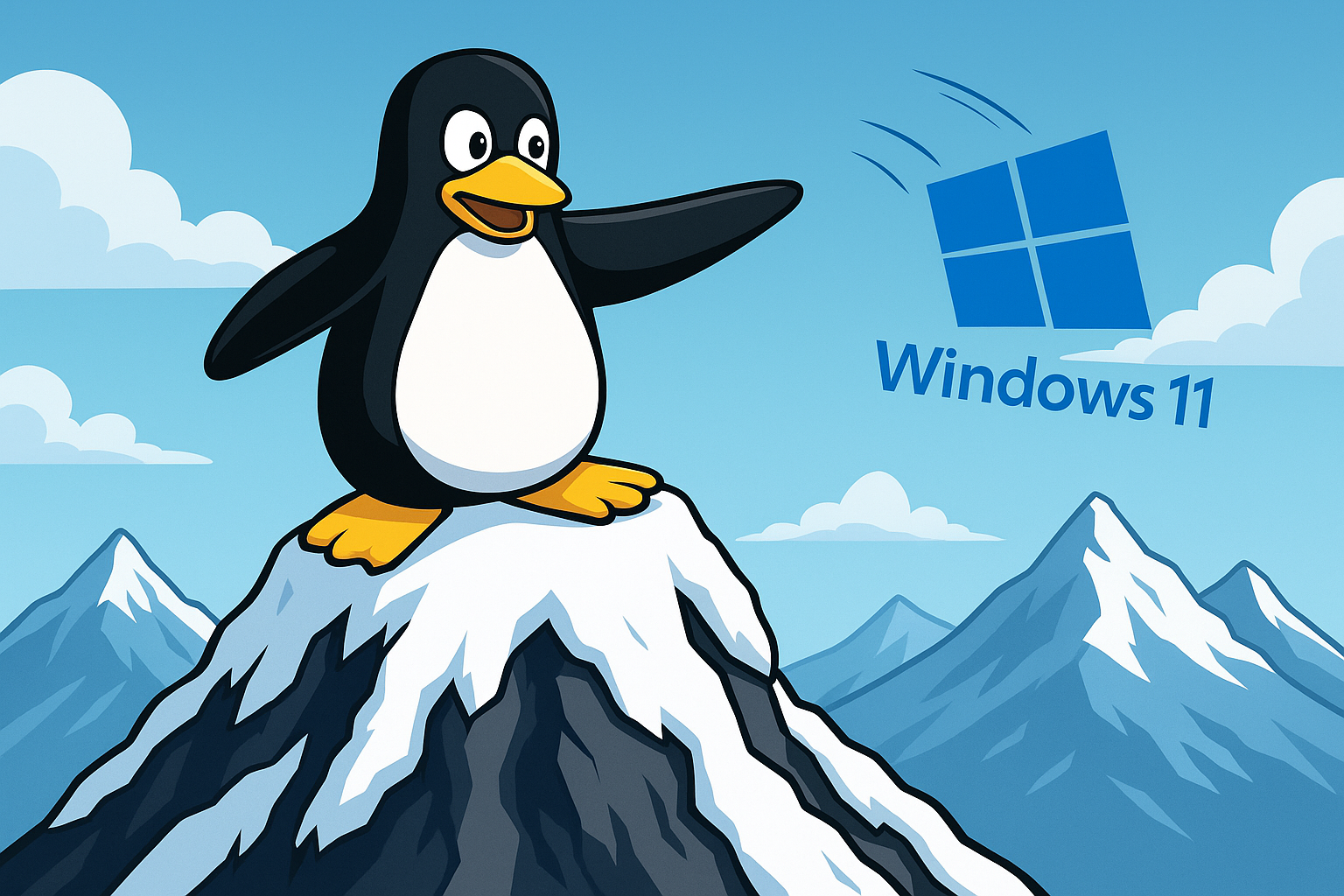
Ditch Windows 11 and try Alpine Linux 3.22 with GNOME 48 and Plasma 6.3
Alpine Linux 3.22 is finally here (download), and if you’re tired of bloated operating systems like Windows 11, this release might be the breath of fresh air you’ve been waiting for. While Alpine is still a niche distribution, it’s slowly becoming a viable option for power users who want speed, control, and simplicity.
Despite being known as a lightweight distro often used in containers and servers, Alpine 3.22 brings some serious desktop upgrades. It now includes GNOME 48, KDE Plasma 6.3, and LXQt 2.2. Even the XFCE desktop got some love, with updated packages like xfce4-panel 4.20.4, thunar 4.20.3, and more. It’s clear Alpine is not just for the command-line crowd anymore.
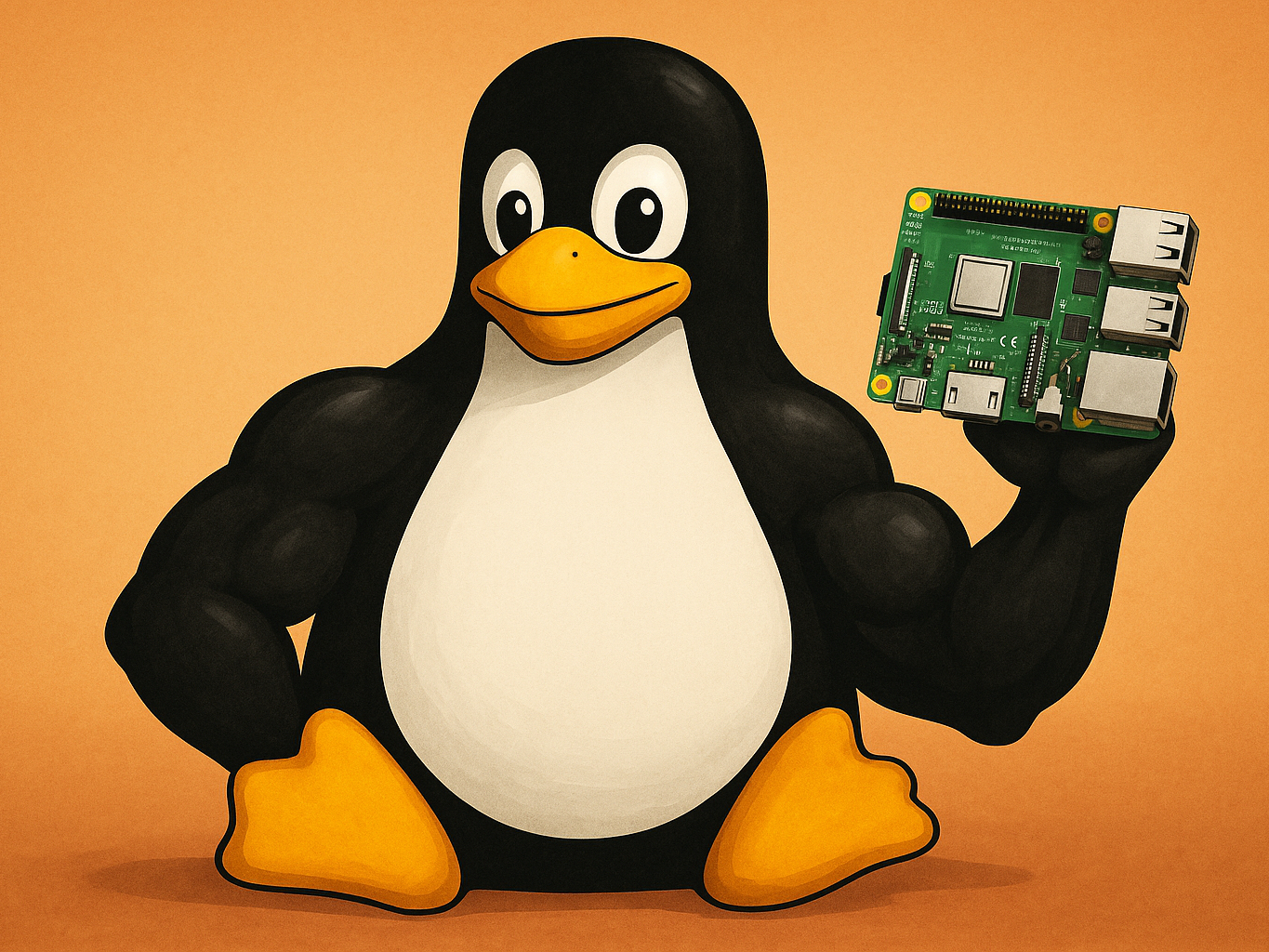
ARM is the future and Armbian 25.5 is the Linux-based OS ready for it
Armbian 25.5 is here, and it looks like a quality operating system release for anyone messing around with ARM-based boards. The Linux distribution brings better hardware support, smarter configuration tools, and more.
This update adds support for more single-board computers, including the TI SK-AM69, Banana Pi M2+, BeagleBone AI-64, BeaglePlay, and PocketBeagle2. That covers both newer devices and older ones that still have life left in them. Armbian’s not leaving legacy users behind, which is refreshing.
